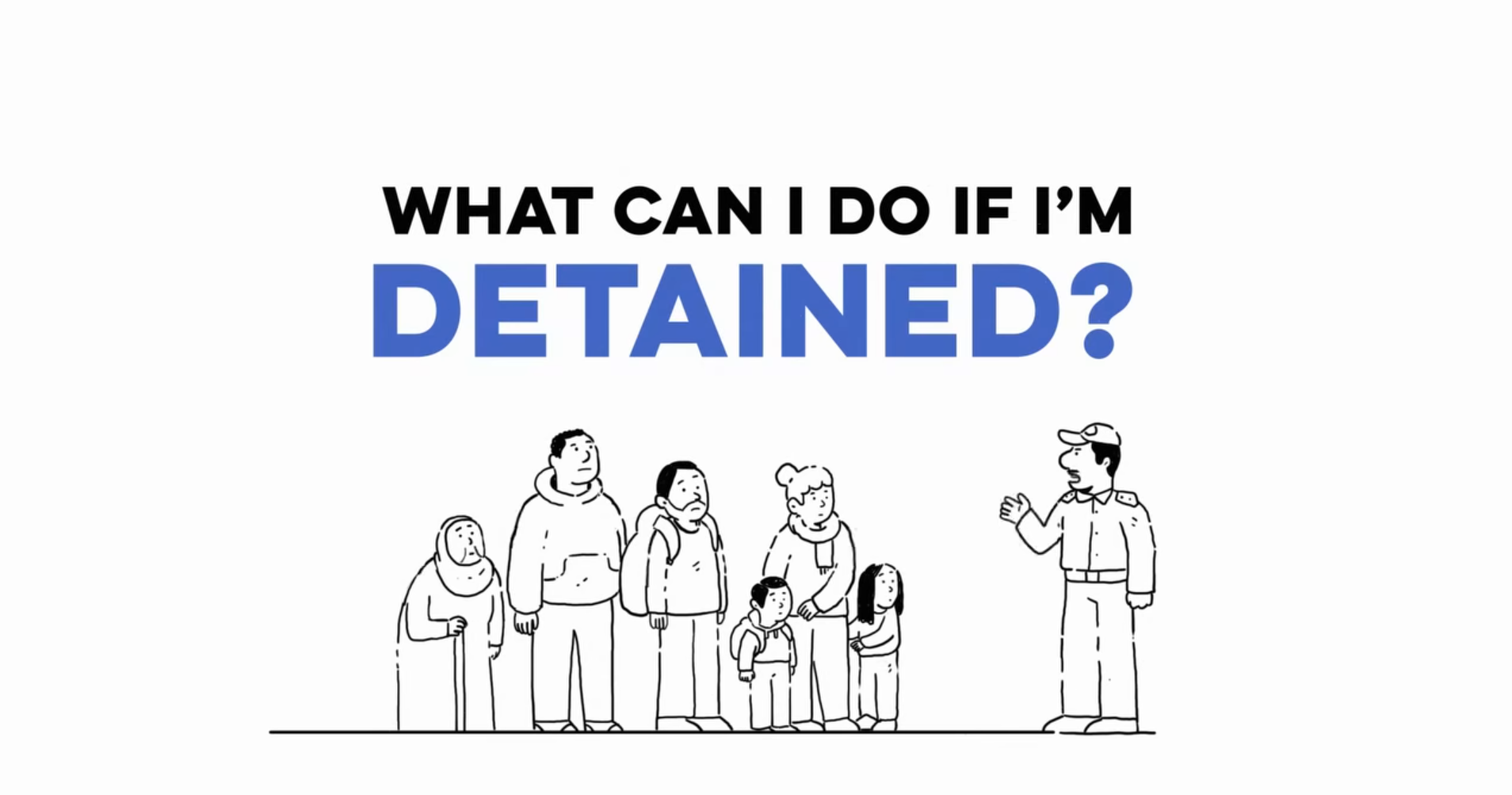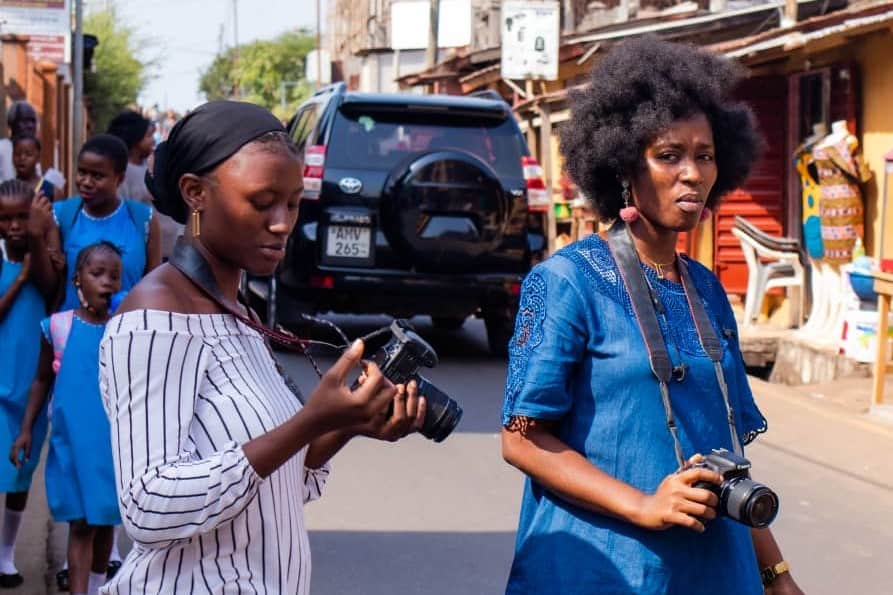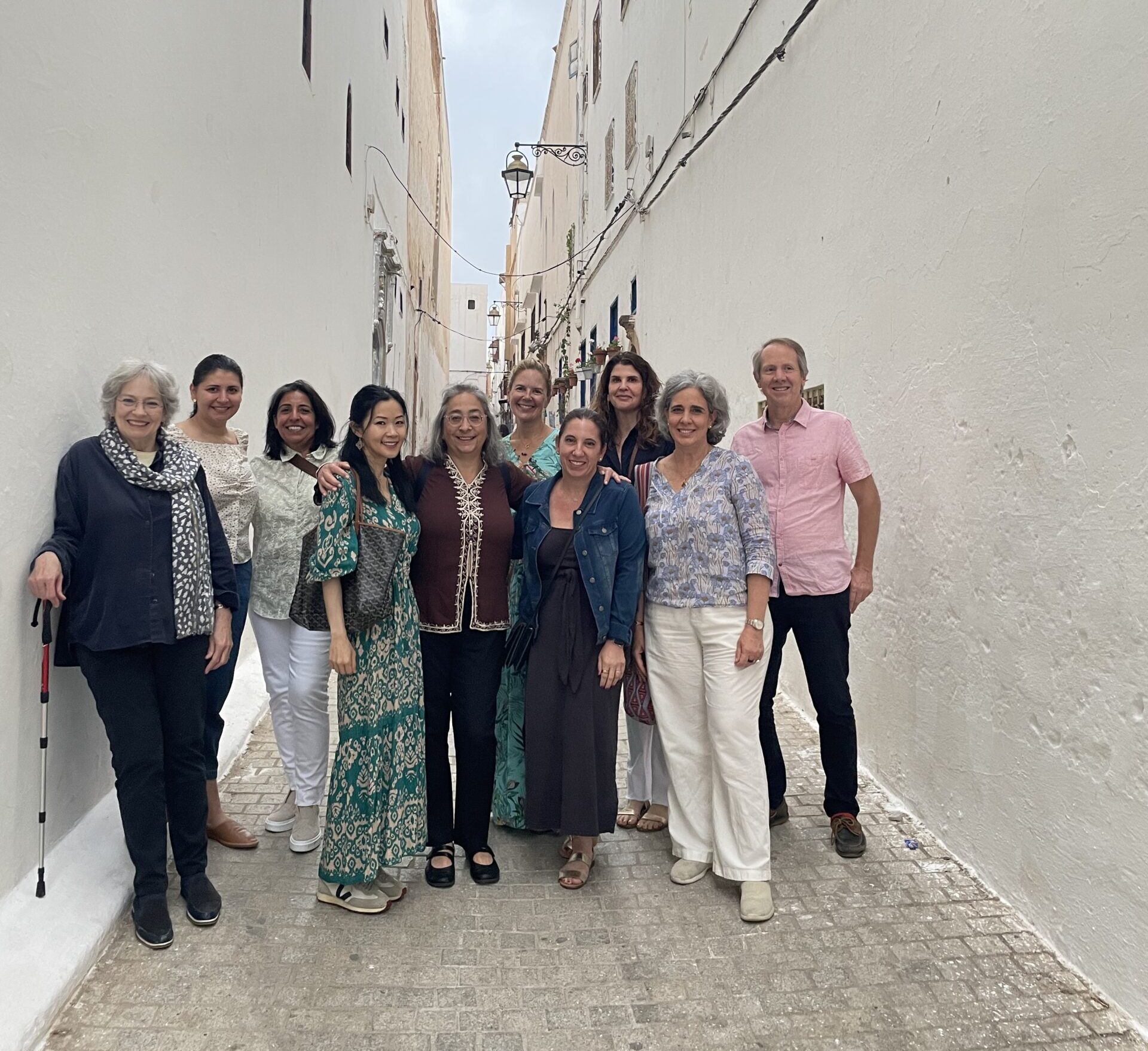Since 2021, the Fund for Global Human Rights has been supporting human rights activism across Syria in both rebel-held and regime-controlled areas. We are extremely proud to have stood with and supported Syrian grassroots organizations during these difficult years. Under the challenging circumstances, our policy has been to not speak about this work publicly. Now, we’re finally able to share it with a close circle of trusted contacts.
With the recent fall of Bashar al-Assad’s brutal regime and the reemergence and reorganization of civil society, we’re seeing exciting new opportunities to support local human rights defenders as they rebuild their country and shape its future. Over the three years, we’re aiming to raise $3 million to meet the immediate and ongoing needs of human rights defenders in Syria and Syrian refugees in neighboring countries.
Context and Background
When the Fund began its program in Syria, the country’s devastating civil war had been raging for a decade.
By 2021, as many as 580,000 people were estimated to have been killed in Syria, with 13 million more displaced internally and 6.7 million forced to flee. Human rights abuses—including arbitrary arrest, torture, and enforced disappearances—were rife under the totalitarian rule of the Assad regime. Militant groups violently enforced control of their patchwork territories. And offenses led or supported by international forces—including from Russia, Turkey, and the United States—resulted in the deaths and displacement of countless civilians.
Grassroots activists, whether operating in controlled territory or conflict zones, faced incalculable risks and compounding needs. The delivery of urgent aid was complicated by international sanctions, complex networks of alliances and competing interests, and shifting front lines. For international funders and allies, almost nowhere demanded greater attention and resources—or presented more operational challenges.
When we began working in Syria, our primary goal was to sustain the country’s embattled civil society so that it could support communities affected by the war and, one day, contribute to a lasting peace. Our programmatic and operational expertise allowed us to reach and resource emerging groups that were inaccessible for other international organizations.
Today, the Fund has developed a robust program in Syria. As the country begins the long process of rebuilding and reconciliation, we are committed to supporting grassroots leaders who are working to ensure a just and peaceful transition.
A Critical Moment for Human Rights
Syrian human rights activists have shown remarkable resilience and courage under extraordinarily restrictive conditions. In the last month, local civil society has begun to reemerge, reorganize, and build their networks. But conditions—and experiences—range across different contexts.
Northwestern Syria: While under the influence of Islamist governance in the northwest, civil society has become diverse and resourceful. Organizations—including women’s rights groups—have developed strong capacities and skills to operate effectively in restrictive and challenging environments. Crucially, these groups have learned to navigate the complexities of working with Islamist authorities while maintaining their focus on community needs.
Northeastern Syria: In the Kurdish-dominated areas of northeast Syria, where grassroots organizations have had more room to operate, civil society has excelled in leveraging development projects as tools for engagement. These groups effectively connect with local communities, helping them articulate their interests and advocate for meaningful change.
Formerly regime-controlled territory: Civil society organizations in regions formerly held by the Assad regime have benefitted from access to larger cities and greater logistical resources. Despite the immense difficulties of working under the regime’s totalitarian rule, organizations here have played a critical role in exposing human rights violations and addressed important issues such as social services, education, and humanitarian assistance.
Exile communities: Syrian civil society groups operating in exile bring valuable international connections and experience. These organizations have provided essential support to refugees, established networks with global partners, gained access to resources and advocacy platforms, and leveraged opportunities to influence international policy on Syria.
For the first time, these diverse groups—despite their varied experiences and challenges—are beginning to work openly and explore avenues for collaboration. This collective effort signals a major step forward for Syrian civil society, as they develop a shared vision for healing, rebuilding, and empowering communities throughout the country.
Immediate Needs and Ongoing Priorities
The Fund’s local expertise and strategy—to invest in nascent activism, trust grantee partners, and work with frontline grassroots groups in all regions—has allowed us to develop close relationships across the entire spectrum of Syrian civil society. And working within the ecosystem of our wider North Africa and the Mediterranean portfolio, the Fund is uniquely positioned to help foster Syrian activists’ participation within region-wide human rights networks.
Over the next three years, we aim to raise $3 million to address the immediate and ongoing needs of human rights defenders in Syria and Syrian refugees in neighboring countries, including:
Emergency funding for relocation, protection, and operational needs of grantee partners. Local power vacuums are exposing activists and vulnerable communities to potential rights abuses. Activist groups need resources to swiftly adapt their strategies according to the evolving situation.
Legal support for refugees in neighboring countries and those who wish to return to Syria. As countries hosting refugees move quickly to encourage their return to Syria, advocates must ensure their rights are protected in the uncertain legal environment.
Support for local and independent media. The collapse of the regime has created an opening for independent media to operate freely, and there is an urgent need to document and publicize any rights violations of minorities during the transition.
Psychosocial support for victims of gender and sexual based violence. Former female detainees and other survivors of violence and abuse desperately need care and support to heal, regain their strength, and hold perpetrators accountable.
Situated within our wider strategy to protect and promote human rights in the region, our grantmaking will help ensure the sustainability of groups we support in Syria, as they address ongoing and evolving priorities that include:
Promoting a “bottom up” and locally led transitional justice process. The Fund will draw on our past expertise supporting grantee partners helping lead transitional justice processes in Latin America, Africa, and Asia, as well as program staff with deep regional knowledge in Syria. We aim to ensure those most affected by the mass atrocities committed during the war in Syria are included in both official transitional justice processes and community-based initiatives.
Ensuring inclusivity and gender equity. Women and girls are often the most at risk during political and economic shifts, and women’s rights can suffer during post-conflict negotiations. The networks and alliances we already support have the potential to be a unifying force against Islamist capture of policies affecting women during the transition.
Advocating for community participation in state building. During years of conflict, civil society stepped up to fill the void created by war and humanitarian crisis. The Fund will continue its support for civil society groups, community building, and knowledge sharing to ensure their participation in decision-making processes.
Amplifying invisible voices and narratives. Pro-regime narratives, disinformation, and propaganda played an important role in the war. But today, state TV, social media users, victims, independent journalists, and citizens are creating new narratives. Fund grantee partners are well positioned to help establish and protect press freedom and create platforms for diverse voices.
Strengthening the capacity of local partners. The Fund supported local human rights and social justice groups who, despite the many challenges they faced during the war, were able to work on issues facing women, youth, and other marginalized groups. Now, they are poised to expand their work sustainably.
Get Involved
Over the next three years, we aim to raise $3 million to resource these immediate and ongoing needs. Join us in our efforts to ensure the transition to a free and open Syria.
If you would like more information or to arrange a meeting, please reach out to Clare Gibson Nangle, director of strategic partnerships, at cnangle@globalhumanrights.org, or Anna Keye, senior manager of individual giving, at akeye@globalhumanrights.org.


